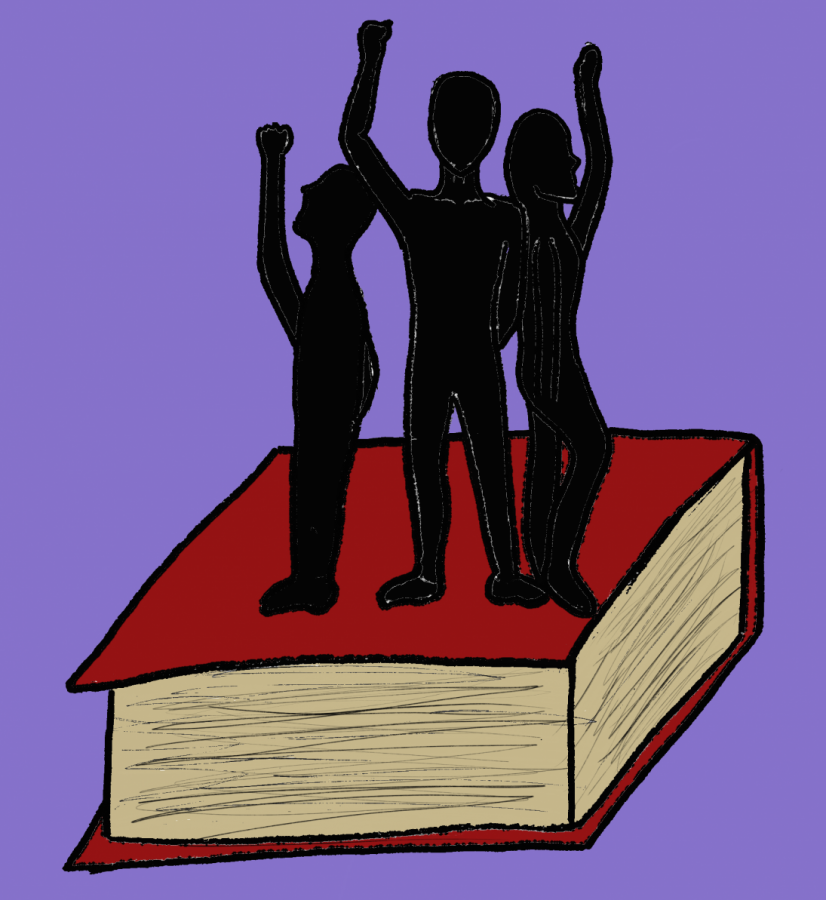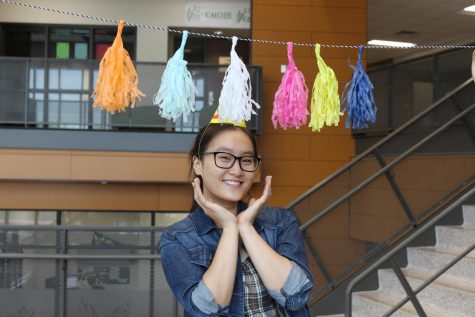United Nations takes stance to empower youth
November 25, 2018
On Sept. 24, the United Nations launched a new project called Youth 2030 to empower younger generations. The project aims to amplify the voices of the world’s youth and increase education and health care services around the world. This proposal comes at a critical time when, according to the UN, many youths lack quality education and struggle to secure decent work. Many also lack adequate health care and are offered few opportunities to participate in decision making that will determine the course of their lives. Considering that today’s youth will be the world’s future leaders and innovators, we need to take a stance on increasing and improving their opportunities.
While many of the young people of our generation may not understand the complexities of youth empowerment, the importance of education is universally recognized. While students in Edina have access to one of the best education systems in Minnesota, many other young people around the world do not have that privilege. According to the United Nations Educational, Scientific, and Cultural Organization, 264 million children across the seven continents do not attend an educational institution. This means that out of 2.2 billion children, thirteen percent of them either do not have access to educational services or are not able to go.
Additionally, according to the Global Education Monitoring Report, in 40 out of 93 countries, fewer than fifty percent of the poorest children have completed primary school. The detriments of a failed educational experience affect a person throughout their entire life. Not only can education help raise families out of poverty, but it can also motivate households to contribute to the world by expanding their views, increasing their happiness, allowing them to be more confident, and being the best version of themselves, according to Thrive Global, a site aiming to offer science based solutions that would create a healthier relationship with technology and ourselves.
As our leaders are creating policies to increase educational opportunities for children around the world, we must remind ourselves of our own privilege, especially as students at Edina High School. For most of us, we have lived comfortably in a bubble where we’ve had limited opportunities to connect. It is very easy, then, to forget that the world is not the same for everyone.
Although it may seem hard to find times to participate in this movement to empower youth, there are actually many opportunities in which Edina students can participate. For example, we can post on social media to show support for the new Youth 2030 strategy or bring awareness to current disparities in opportunities by helping out and volunteering at homeless shelters or orphanages where many children live, donating money, or simply tutoring students– who cannot afford the high costs of private tutors –for free.
No policy created by governmental agencies can function without the support and active participation of the people, and this fact is no different for the new UN strategy. By starting in our communities by helping those around us, we are able to build momentum around the country and the world in order to better the lives of millions.


